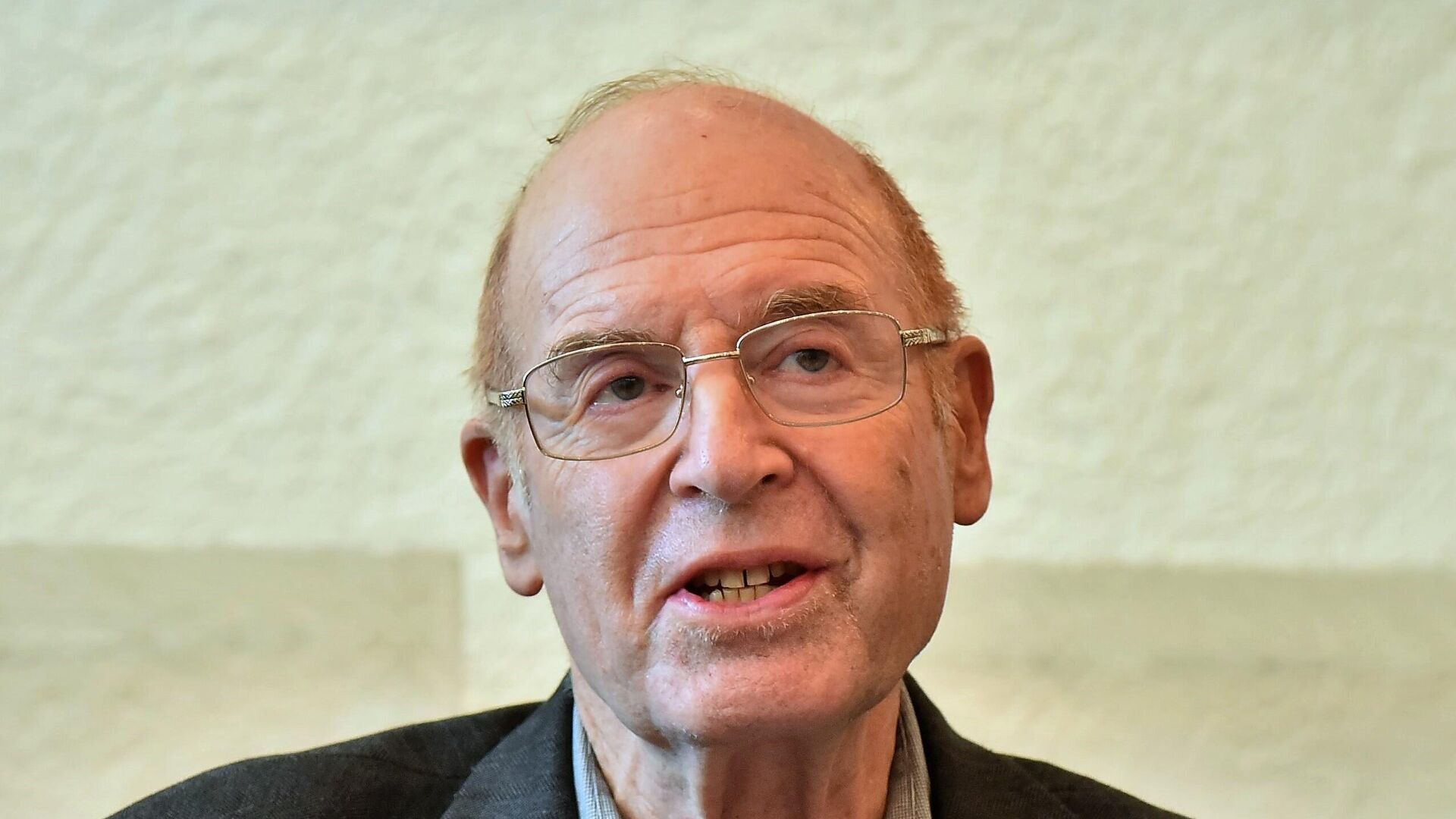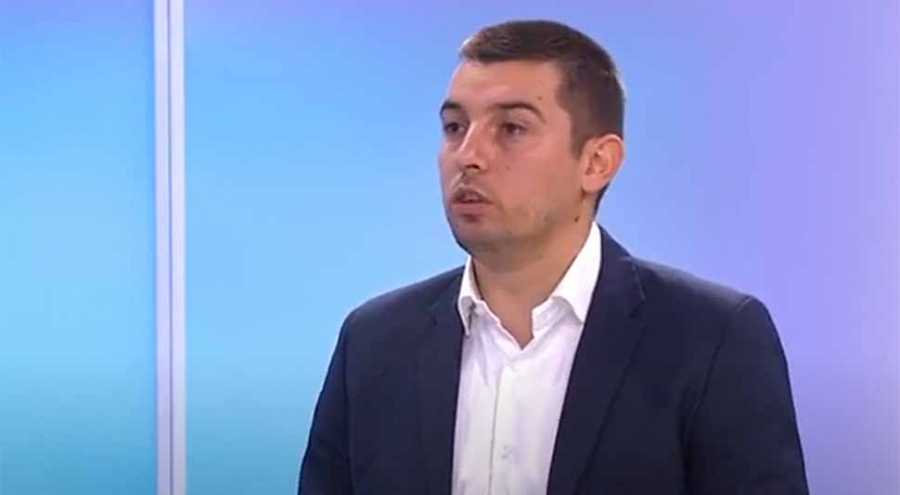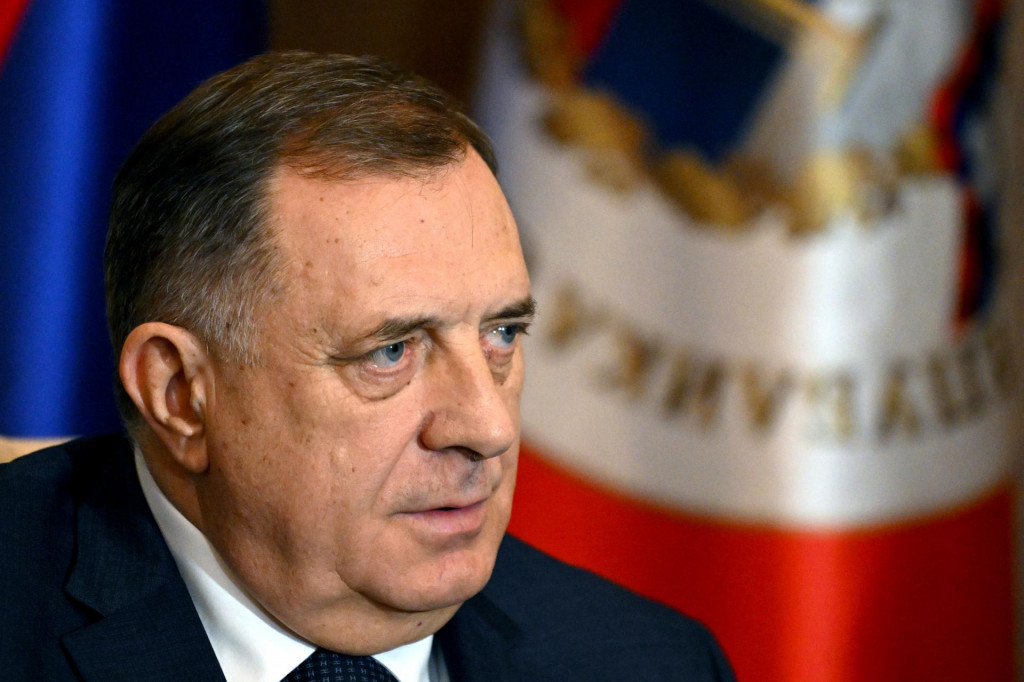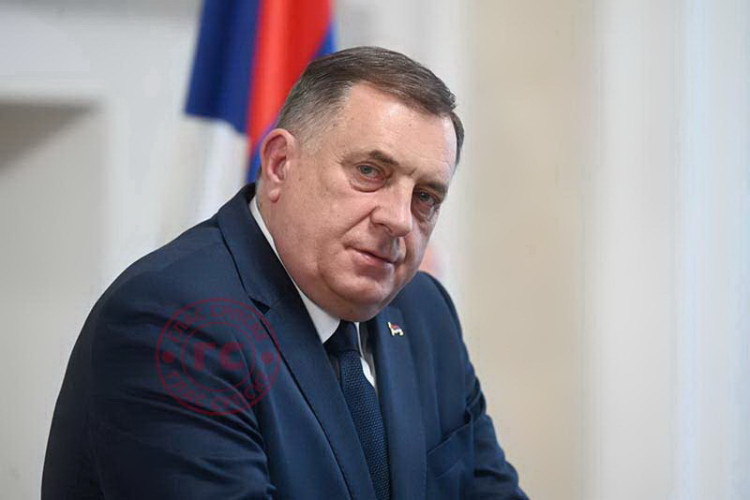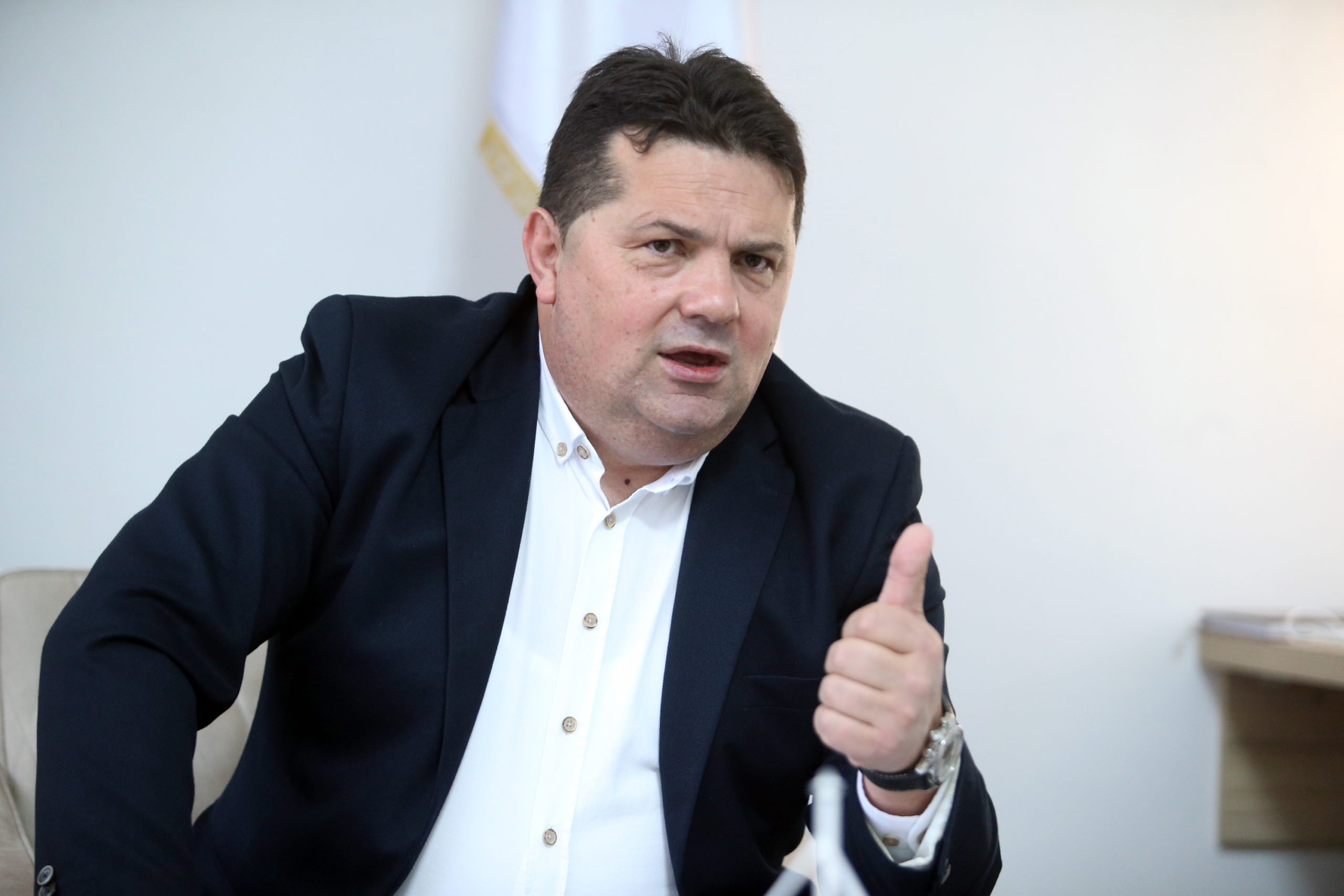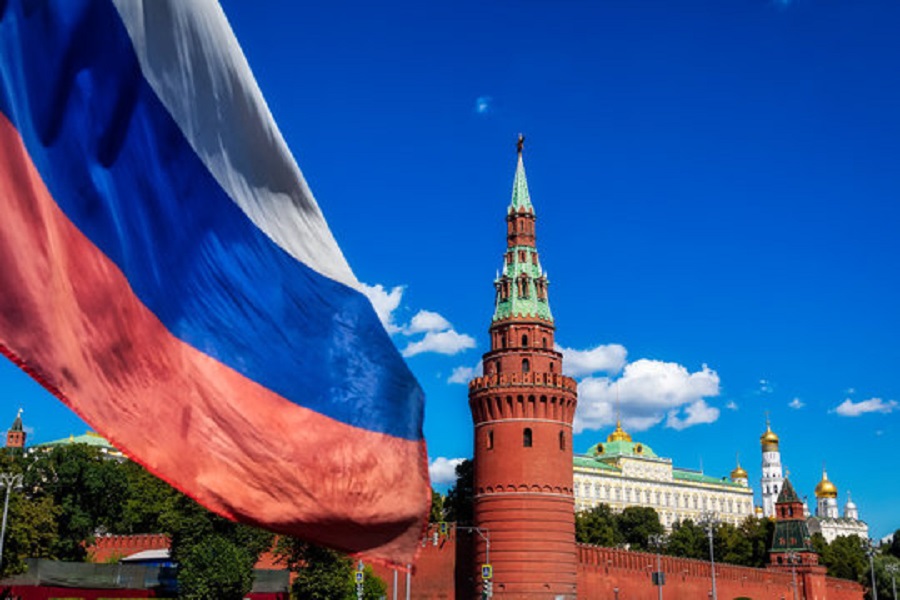Professor Dr. Gideon Graif, historian, director of the Serb-Israeli Cultural Center at the University of Belgrade, and one of the leading experts on Holocaust research, stated today for SRNA that the global academic community is changing its position on Srebrenica and the alleged genocide.
Graif, who served as the chairman of the Independent Commission for the Investigation of the Suffering of All Peoples in the Srebrenica Region from 1992 to 1995, which concluded that the killings in Srebrenica in 1995 were a war crime but that genocide did not occur, noted that academic communities now believe that there was no genocide in Srebrenica.
“The opinion on this is slowly changing. I am very satisfied with the success of my engagement in the field of scientific research. Today, the academic community views the issue of Srebrenica differently. Academic communities support the position that there was no genocide in Srebrenica, and only amateurs would deny this, because what we did was carried out in a highly professional manner,” Graif told SRNA.
Commenting on initiatives that Serbia, following the example of Republika Srpska, should establish an international commission to investigate the suffering of Serbs and Bosniaks in Srebrenica from 1992 to 1995, Graif said he supports such an initiative.
“It is necessary for Serbia to establish this. If needed, I will personally contribute to the formation of such an institution,” Graif stated.
Responding to a question about what can be done to ensure the UN focuses more on the issue of the Holocaust and to define genocide more clearly—taking Srebrenica into account—Graif said that people must educate themselves, research, and learn, because education is the only defense against stupidity and ignorance.
Graif attended a meeting today in Belgrade with the Committee of the Serb National Assembly for the Diaspora and Serbs in the Region and professors from the European Institute for the Study of the Holocaust and Totalitarianism in Madrid. The discussion focused on the culture of remembrance, the Holocaust, and attempts to revise historical facts and falsifications.
The event, hosted by the president of the Committee for the Diaspora and Serbs in the Region, Dragan Stanojević, was organized by Ambassador Ljiljana Nikšić, coordinator of the largest exhibition ever held at the UN titled “Jasenovac – The Right Not to Forget.”
At a press conference following the meeting, Nikšić stated that 43 professors from Spain, led by Carlos Vásquez, director of the European Institute for the Study of Totalitarianism and the Holocaust, concluded their ten-day study visit to the region by visiting Belgrade. During their stay, they also visited Donja Gradina and Jasenovac.
She added that the Institute closely cooperates with the Spanish Ministry of Education, and its director Carlos Vásquez works directly with the state secretary in that ministry.
Nikšić thanked the Committee for the Diaspora and Serbs in the Region for hosting the professors from Spain, noting that the Committee—through this and many other activities—has confirmed its historic role in preserving the culture of remembrance.
Source: Glas Srpske
